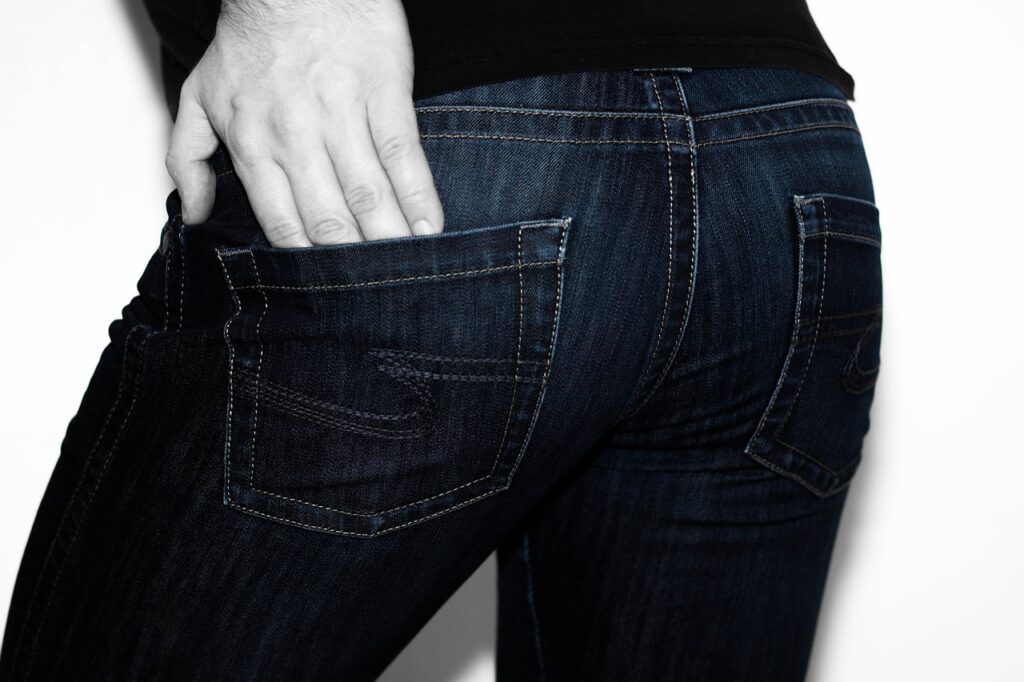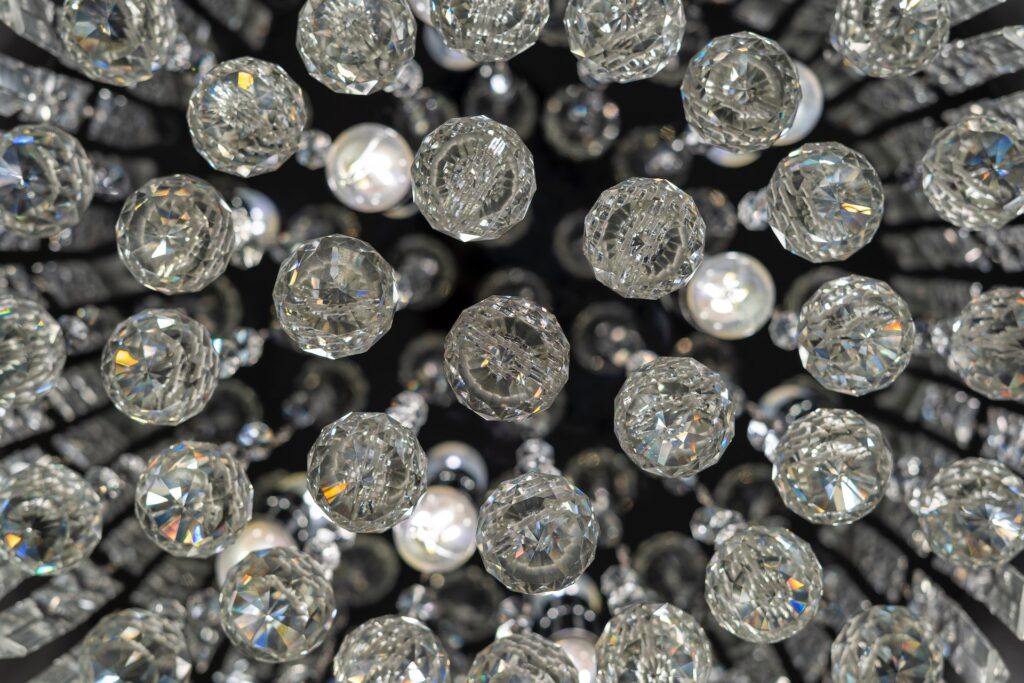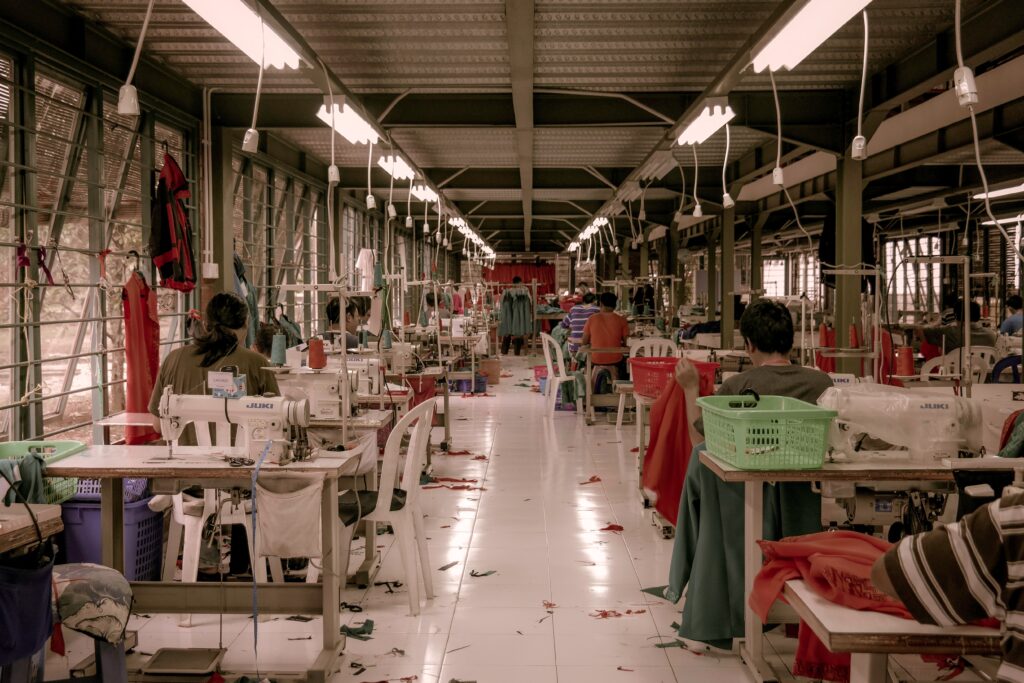The Evolution of Denim and Its Timeless Appeal
Denim, with its rugged charm and timeless versatility, has woven itself into the fabric of fashion history. I know it’s my go-to fashion item from everything from a casual bbq teamed with a catchy slogan tee, to a night at the movies paired with a crisp white shirt and blazer. But did you ever wonder where denim came from, and if the threads you wear so often are actually sustainably produced? In this article, we explore the humble origins of denim and how it transformed into a global fashion icon that we just can’t live without. Can this beloved fabric be produced responsibly without compromising style? Let’s uncover the story of sustainable denim and discover the ethical brands leading the way.
The History of Denim: A Sturdy Fabric with Global Impact
Denim’s roots trace back to the sturdy cotton twill fabrics of Nimes, France (serge de Nimes), but it was in the hands of Levi Strauss in the 19th century that denim jeans became synonymous with durability and style. Since then, denim has traversed cultural boundaries, symbolizing rebellion, freedom, and effortless cool.
In the original days of denim manufacture, the primary focus was on functionality and durability, with little regard for sustainable practices, however in the 21st century, consumers began demanding transparency, ethical practices, and environmentally friendly products and we have seen a shift in denim brands starting to incorporate sustainable practices into their production processes.
What is Sustainable Denim?
Sustainable denim refers to denim production practices that prioritize environmental and social responsibility throughout the entire lifecycle of denim jeans. Key elements of sustainable denim include:
Organic Cotton: Sustainable denim often incorporates organic cotton, which is grown without the use of synthetic pesticides and fertilizers, reducing environmental impact.
Recycled Materials: Utilizing recycled denim or other recycled materials helps reduce the demand for new resources and minimizes waste.
Water Conservation: Sustainable denim brands employ technologies like Water<Less™, which reduces the water consumption during the denim finishing process. This is crucial for an industry historically associated with high water usage.
Efficient Production: Sustainable denim production focuses on energy efficiency and minimizes the use of harmful chemicals and dyes. Technologies like laser finishing and ozone processing are employed to achieve distressed looks without the environmental drawbacks of traditional methods.
Fair Labor Practices: Ethical and fair labor practices are integral to sustainable denim. Brands that prioritize worker welfare, safe working conditions, and fair wages contribute to a more socially responsible industry.
Circular Design: Sustainable denim brands embrace circular fashion principles, promoting recycling and upcycling initiatives. Programs that allow customers to return old jeans for recycling contribute to a circular economy.
Transparency and Accountability: Brands committed to sustainability are transparent about their practices, from sourcing materials to production processes. Certification from recognized bodies like GOTS (Global Organic Textile Standard) or B Corp adds credibility to a brand’s sustainability claims.
Longevity and Timeless Design: Encouraging consumers to invest in high-quality denim with timeless designs contributes to sustainable practices. Jeans that stand the test of time reduce the need for frequent replacements, minimizing the overall environmental footprint.
Ethical Denim Brands: Where Fashion Meets Responsibility
As we know, not all brands are created equal and the following brands have been researched and are found to be leaders in the creation of denim apparel from a sustainability perspective:
- Levi Strauss – Levi’s commitment to sustainable practices ensures that your style doesn’t come at the expense of the planet. Look good and feel good knowing that your Levi’s jeans are made with environmental responsibility in mind. They were the innovator who came up with Water<Less™ technology to reduce water usage in the denim finishing process, and initiatives like the Levi’s SecondHand program promote a circular fashion economy.
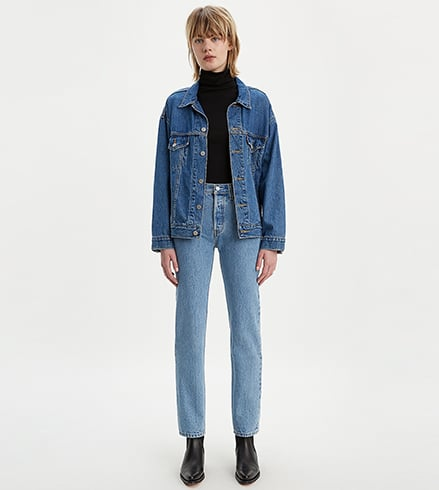
2. Nudie Jeans – Nudie is committed to transparency and ethical practices. They emphasize organic cotton, fair labor, and a repair and reuse program, encouraging customers to extend the lifespan of their jeans.
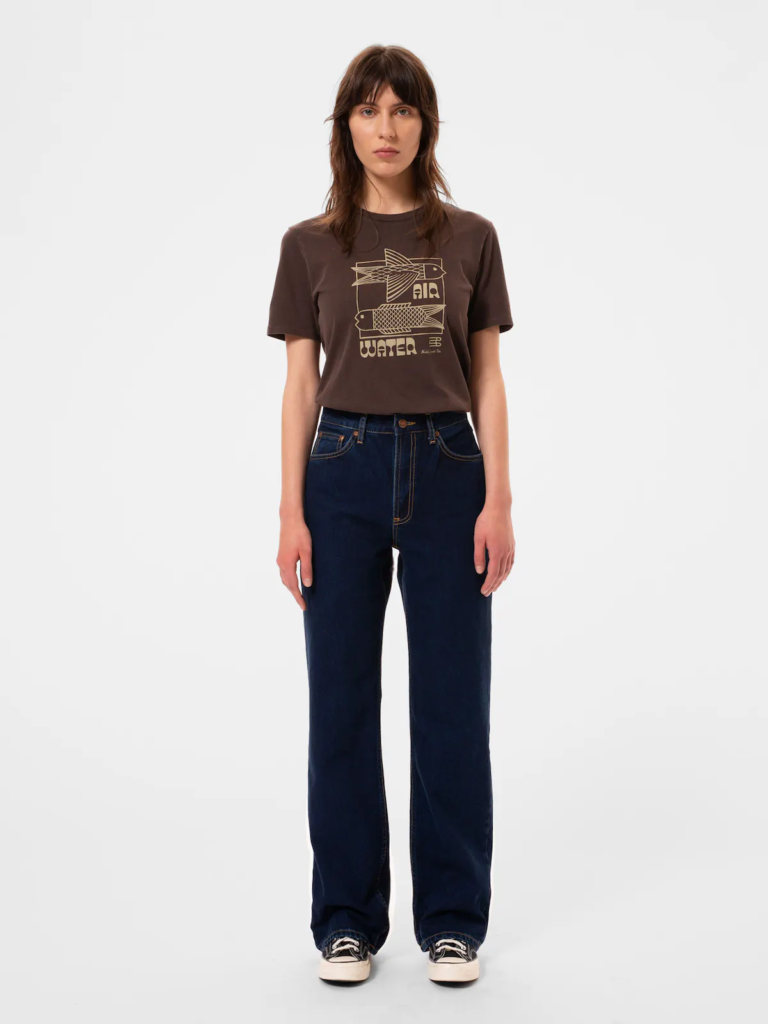
3. Agolde – Agolde, a prominent denim brand hailing from Los Angeles, has firmly embedded sustainability into its core values. Recognizing the environmental impact of fashion, Agolde has implemented practices that redefine denim’s ecological footprint. The brand places a strong emphasis on responsible sourcing of materials, opting for eco-friendly fabrics and processes. Agolde incorporates sustainable cotton and explores innovative approaches to reduce water usage in its manufacturing, aligning with global efforts to address the fashion industry’s water crisis.
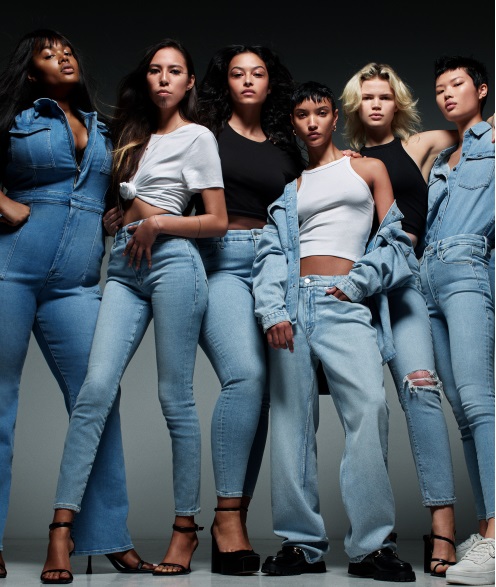
4. Outland Denim – Outland Denim, a trailblazer in sustainable fashion, is committed to transforming the denim industry through ethical and eco-friendly practices. This brand, with a mission rooted in social responsibility, places a strong emphasis on fair labor practices and empowering vulnerable communities. Outland Denim carefully selects its raw materials, incorporating organic cotton and prioritizing transparency in its supply chain.
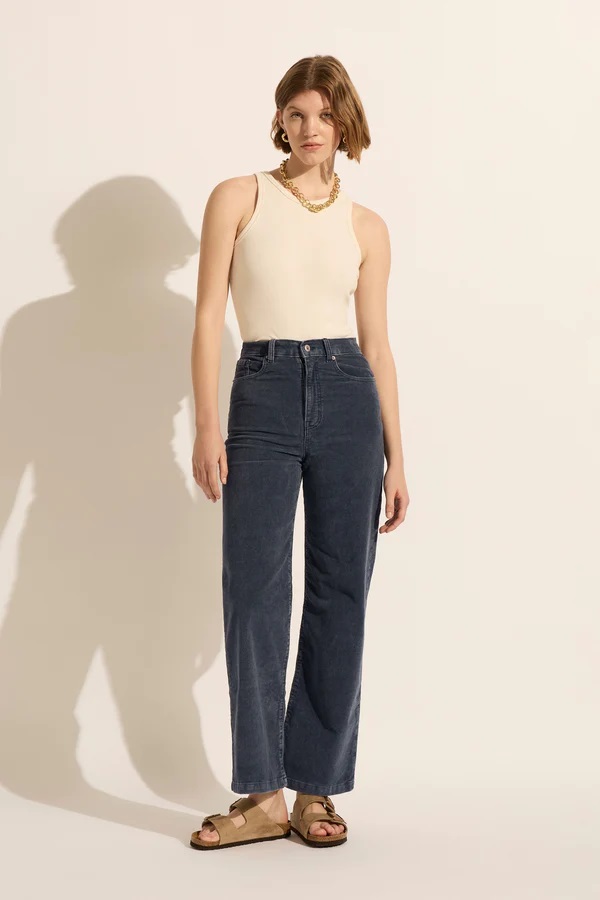
5. Buck Mason Jeans – are committed to transparent supply chains and fair labor, crafting jeans for the modern man, with premium materials, making them a go-to choice for those who appreciate more than just denim – they appreciate an attitude and way of life.

6. Outerknown – Outerknown, the brainchild of surfing legend Kelly Slater, has set a new standard for sustainable denim. Committed to transparency and ethical practices, Outerknown meticulously sources organic and recycled materials for their denim production. They prioritize fair labor conditions and traceability throughout their supply chain, ensuring every pair of jeans tells a story of craftsmanship and environmental responsibility. With a focus on circular fashion, Outerknown encourages customers to send back their worn-out jeans for recycling, minimizing the impact on landfills. By blending style with a deep commitment to sustainability, Outerknown stands as a beacon in the fashion industry, proving that you can wear your values with pride.

ABLE – ABLE, a brand synonymous with ethical fashion, extends its commitment to sustainability to its denim line. The company advocates for transparency in the fashion industry, sharing details about the artisans behind each pair of jeans. ABLE ensures fair wages and safe working conditions for its workers, fostering a community-driven approach to denim production. With a focus on quality and longevity, ABLE designs jeans to withstand trends, promoting a more sustainable and mindful approach to fashion. By choosing ABLE denim, consumers not only embrace style but also contribute to a fashion industry that prioritizes social and environmental responsibility.

Weaving a Sustainable Fashion Narrative
Sustainable denim is not just a trend; it’s a movement reshaping the fashion landscape. As the demand for ethical and eco-friendly options grows, these brands showcase that style and sustainability can coexist harmoniously. By choosing jeans from these ethical brands, you’re not just making a fashion statement; you’re contributing to a more responsible and compassionate future for the fashion industry. So, let your denim tell a story—one of conscious choices and a commitment to a more sustainable world.

